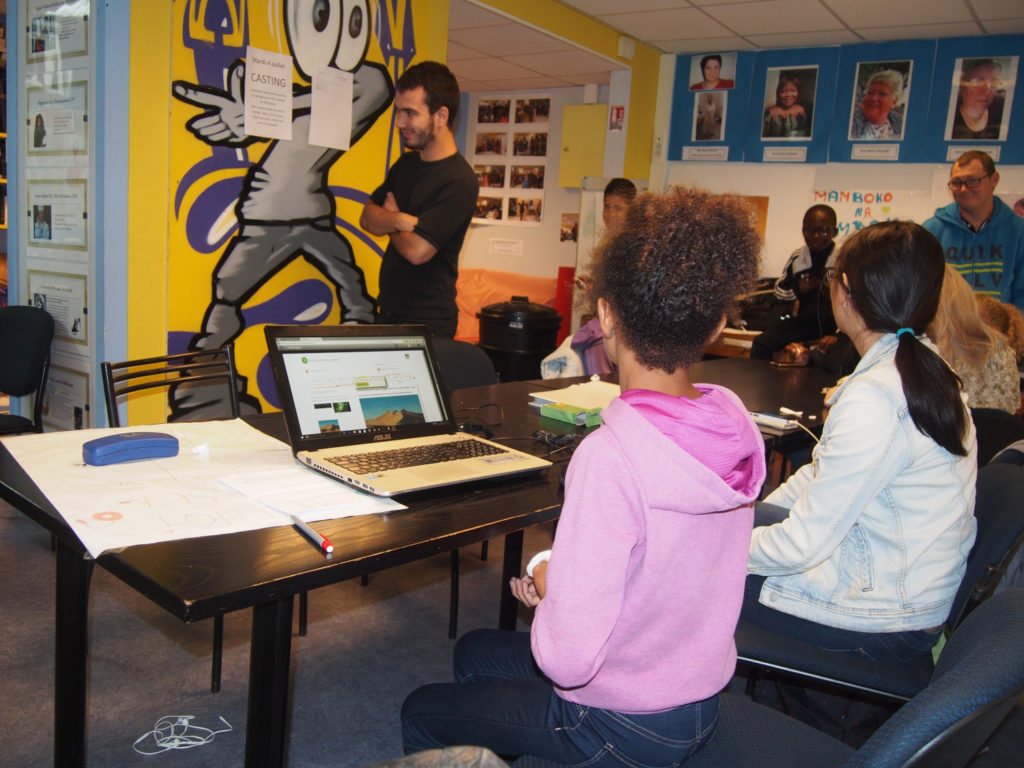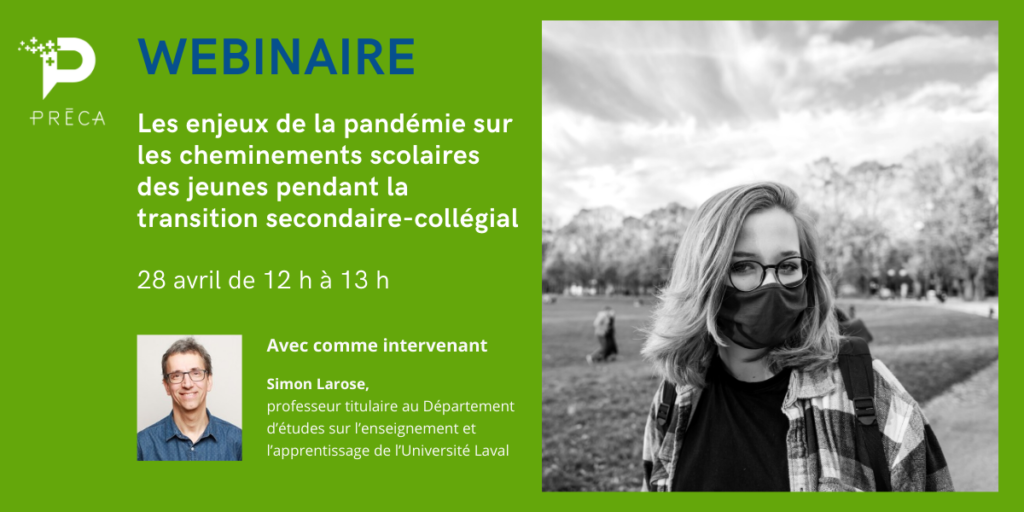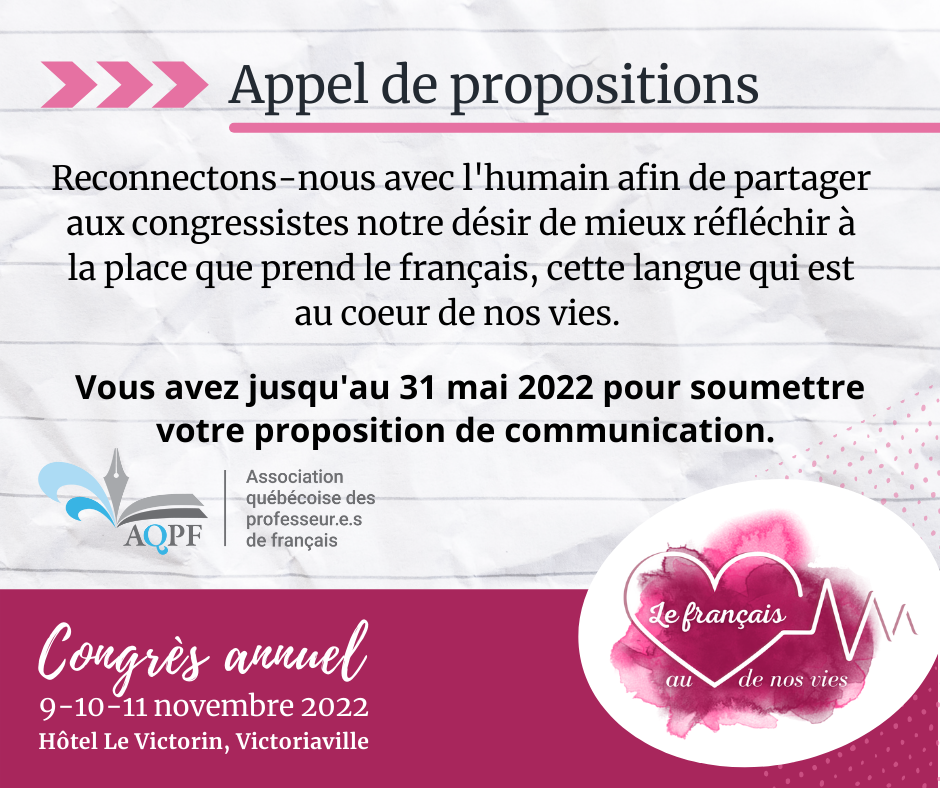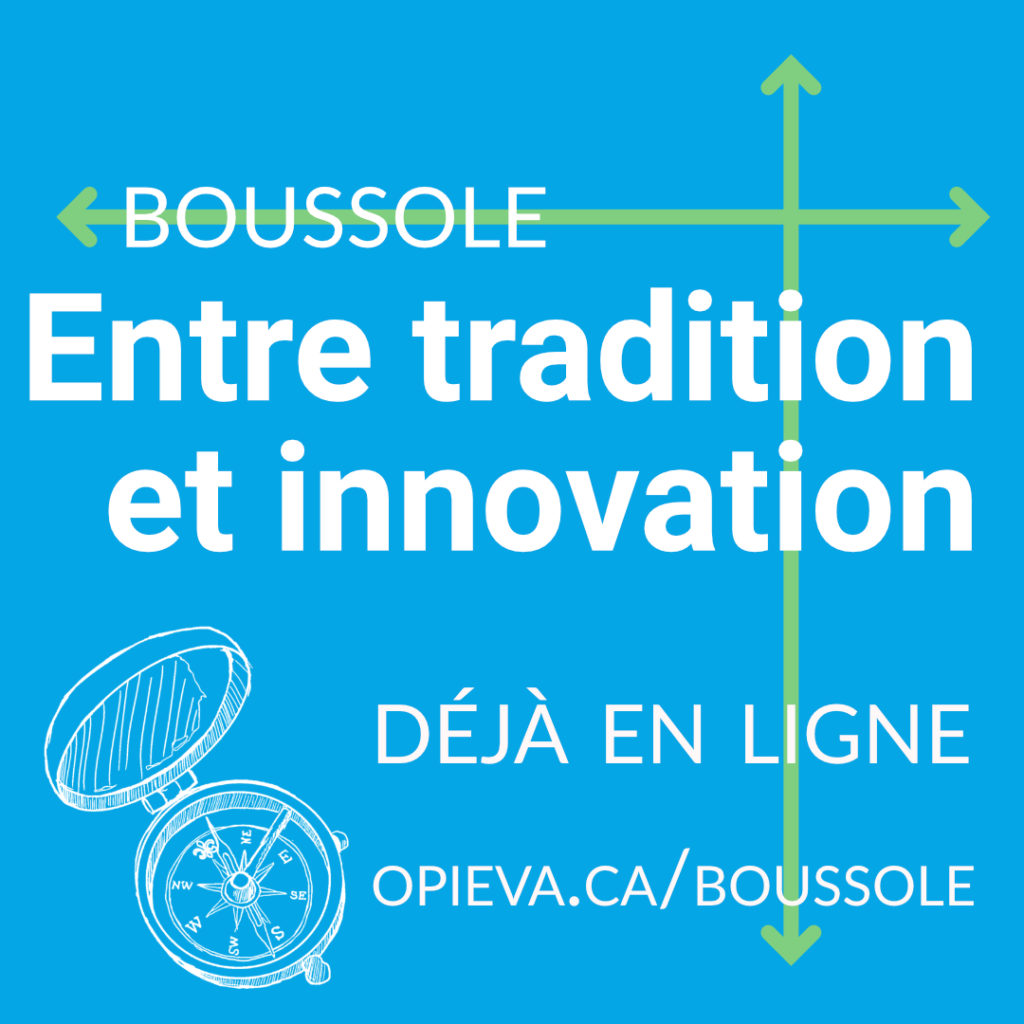
Bon dimanche! Me voici avec les #Édubrèves de la semaine. N’hésitez pas à les partager ou à m’écrire si vous avez des nouvelles à faire circuler.
Dans cette édition : un outil pour former à l’écriture narrative, le balado Le plan numérique, des matériaux durables pour les écoles du Québec, des appels à communications pour des événements à venir, des infographies sur la création de laboratoires créatifs, l’inclusion pédagogique dans les environnements d’apprentissage virtuels, des nouvelles de l’Observatoire des pratiques innovantes en évaluation des apprentissages et bien plus!
Bonne lecture.
Attention, l’usage de GIF animés dans ce condensé de nouvelles brèves est à des fins de divertissement seulement!
Scéal studio : un outil numérique pour former à l’écriture narrative
Scéal studio est une nouvelle plateforme de scénarisation et d’édition de livres. Elle a pour objectif de développer les apprentissages multiples liés à la pratique de l’écriture narrative, en privilégiant une approche ludo-éducative. La plateforme s’appuie sur une méthodologie d’écriture (le voyage du héros), et sur des outils intégrés (scénarisation, écriture, mise en page) pour faciliter l’écriture et l’édition de projets narratifs ou documentaires.
Conçue pour les élèves de 10 à 17 ans, leurs parents et leurs enseignants, Scéal studio est une interface de création d’histoires, d’auto-édition de livres et de formation à l’écriture narrative. Deux versions sont disponibles : une version pour les éducateurs et une autre pour les familles.

Balado à écouter : Le plan numérique
Pourquoi ne pas profiter du long congé pour écouter en rafale les épisodes du balado Le plan numérique? À partir des 12 dimensions de la compétence numérique en éducation, Alexandra Coutlée, conseillère pédagogique de l’équipe technopédagogique du CSS de Laval, et Dany Dumont, directeur général d’une entreprise, font le pont entre ce qui se fait à l’école et dans le monde du travail.
Le premier épisode de la saison 2 a été publié la semaine dernière. Les deux animateurs reçoivent en entrevue Bruno Guglielminetti, lui-même créateur de balado, qui donne plusieurs conseils et pistes pédagogiques pour utiliser ce médium avec les élèves.
Des matériaux durables pour les écoles du Québec
Le bois et l’aluminium entrent en force dans la nouvelle génération d’écoles québécoises. Cet article présente comment l’utilisation de ces matériaux se fera dans les nouvelles constructions. Cette utilisation « traduit une volonté de favoriser l’achat local et de montrer l’exemple en matière de développement durable ».
Dans son plan québécois des infrastructures 2021-2031, le gouvernement du Québec prévoit injecter au total 5,9 milliards de dollars pour agrandir et construire 90 écoles primaires et secondaires ainsi que rénover 700 écoles existantes.

À mettre à l’agenda
- 20 avril 2022, de 12h à 13h : Regard optimiste sur l’enseignement, avec Sacha Rose Stoloff, professeur l’Université du Québec à Trois-Rivières. Visitez le site du CRIFPE pour prendre connaissance des autres activités prévues en 2021-2022.
- 28 avril prochain, de 12h à 13h : Simon Larose, professeur titulaire au Département d’études sur l’enseignement et l’apprentissage de l’Université Laval, présentera un état de situation sur les effets qu’a pu avoir la COVID-19 sur l’apprentissage et l’adaptation scolaire et sociale des jeunes et sur leur préparation pour des études collégiales.
- 3 mai 2022, de 8h30 à 9h30 : Événement AlphaRéussite de la Fondation de l’alphabétisation du Québec sur le thème : La littératie au Québec : un phénomène de grande vulnérabilité.
- Du 7 au 10 mai : Le Grand rassemblement 2022 (entièrement en ligne) présenté par le Réseau d’enseignement francophone à distance (REFAD). Cathia Papi, professeure à l’Université TÉLUQ, lancera les activités avec une présentation intitulée La FAD : entre découverte et renouveau? Simon Collin, professeur à la Faculté des sciences de l’éducation de l’Université du Québec à Montréal, assurera la clôture des activités avec une communication intitulée Les « natifs du numérique » à l’épreuve de la continuité pédagogique en ligne.

Inclusion pédagogique dans les environnements d’apprentissage virtuels post-secondaires
Jean-Pascal Beaudoin et Lorie Laroche, spécialistes en développement pédagogique et apprentissage numérique au Service d’appui à l’enseignement et à l’apprentissage de l’Université d’Ottawa ont récemment animé un atelier sur l’inclusion pédagogique dans les environnements d’apprentissage virtuels post-secondaires. Les animateurs ont présenté des outils pour la conception et la diffusion de cours et de formation inclusives centrés sur des méthodes pédagogiques efficaces dans le but de soutenir le processus d’apprentissage des apprenants.es.
Un compte rendu de cette activité de perfectionnement est maintenant disponible sur le blogue du Réseau d’enseignement francophone à distance (REFAD). La vidéo de l’atelier est aussi disponible, en reprise, sur la chaîne YouTube de l’organisation.
Ressources en vrac
- Découvrez en une même infographie les différentes nations présentes au Québec ainsi que les termes à éviter et à privilégier pour parler de leur culture. (via la page Facebook de Curium)
- Vers une identité numérique positive : L’équipe du service local du RÉCIT du CSS de Laval propose 13 nouvelles capsules web pour aborder l’identité à l’ère du numérique avec des élèves de tout âge.
- Des infographies pour appuyer la création de nouveaux laboratoires créatifs (LC) dans les écoles sont offertes en anglais et en français et découlent des activités de recherches du Laboratoire de formation sur la littératie numérique de l’Université du Québec à Chicoutimi (UQAC) et de l’expérience sur le terrain de l’organisme Labos Créatifs. Parmi les thèmes : les valeurs derrière le concept de laboratoire créatif, le processus d’implantation en quatre phases, et le rôle lde chacun des acteurs touchés par le laboratoire créatif (ex. enseignant, apprenant, direction).
Appels de propositions pour des congrès à venir
- Congrès en éducation entrepreneuriale (IDÉE 2022) : En formule virtuelle les 2 et 3 novembre 2022. Les propositions sont acceptées jusqu’au 6 mai.
- Congrès de l’Association québécoise des professeur.e.s de français (AQPF) : Du 9 au 11 novembre 2022 au Victorin de Victoriaville. Vous êtes invités à soumettre une proposition de communication d’ici le 31 mai 2022.
- 4e édition de MTL Connecte : la Semaine numérique de Montréal : Du 15 au 23 octobre 2022 dans un format hybride. Vous pouvez déposer votre candidature au plus tard le 25 avril 2022 pour présenter conférences, panels de discussion et ateliers autour du thème central : (ÉCO)Systèmes d’Espoir.

Ma plus belle histoire – Dévoilement des textes retenus
La Fédération des syndicats de l’enseignement (FSECSQ) a dévoilé le nom des élèves dont les textes ont été retenus dans le cadre de l’édition 2022 du recueil Ma plus belle histoire. Le concours, qui en est à sa 19e édition, était parrainé par le rappeur, parolier et auteur-compositeur québécois Manu Militari. Ce concours d’écriture Ma plus belle histoire s’adresse à tous les élèves de la formation générale des adultes inscrits dans un centre sur le territoire de la FSE.
On peut consulter le recueil en visitant le site Web de la FSE.
Academos offre 7 ateliers interactifs
Les ateliers interactifs d’Academos offre l’occasion d’accueillir virtuellement un membre de l’équipe dans votre classe pour animer, pour une période de 60 à 75 minutes, une activité interactive au sujet de l’orientation scolaire et professionnelle. Pour découvrir les 7 ateliers et leurs thématiques, rendez-vous sur le site d’Academos. On nous dit qu’ill reste encore quelques plages horaires disponibles avant la fin de l’année!

Des nouvelles de l’Observatoire des pratiques innovantes en évaluation des apprentissages
L’OPIEVA a besoin de votre aide. Après deux années à travailler sur un robot conversationnel spécialement pour les enseignants de tous les ordres, l’équipe aimerait connaître les termes qui vous viennent à l’esprit quand vous entendez « interactivité en évaluation ». Déposez vos réponses ici : sondage.uqam.ca/729262/
Par ailleurs, l’OPIEVA vous invite officiellement à sa première retraite de réflexion sur l’innovation en évaluation des apprentissages. Celle-ci aura lieu les 27 et 28 juin prochains au Manoir D’Youville. Pour obtenir plus d’information, écrivez à opieva@uqam.ca.
Les Boussoles de l’OPIEVA sont des outils d’auto-observation et de réflexion destinés aux enseignants à tous les ordres d’enseignement. Elles permettent notamment de faire une lecture de vos pratiques en évaluation des apprentissages et de consulter des pistes de diversification des pratiques évaluatives.

En terminant, on vous souhaite Joyeuses Pâques!

Si vous en voulez encore plus, vous pouvez (re)voir les #Édubrèves de la semaine dernière.
On se retrouve bientôt! N’hésitez pas d’ici là à nous « tagguer » (en bon français…) sur Twitter (@millaudrey ou @riomarti) pour que nous parlions de votre projet/ressource dans une prochaine revue de la semaine! Passez une excellente semaine.





 Recevez l'Info #DevProf et l'Hebdo pour ne rien manquer des nouveautés de l'École branchée!
Recevez l'Info #DevProf et l'Hebdo pour ne rien manquer des nouveautés de l'École branchée!




